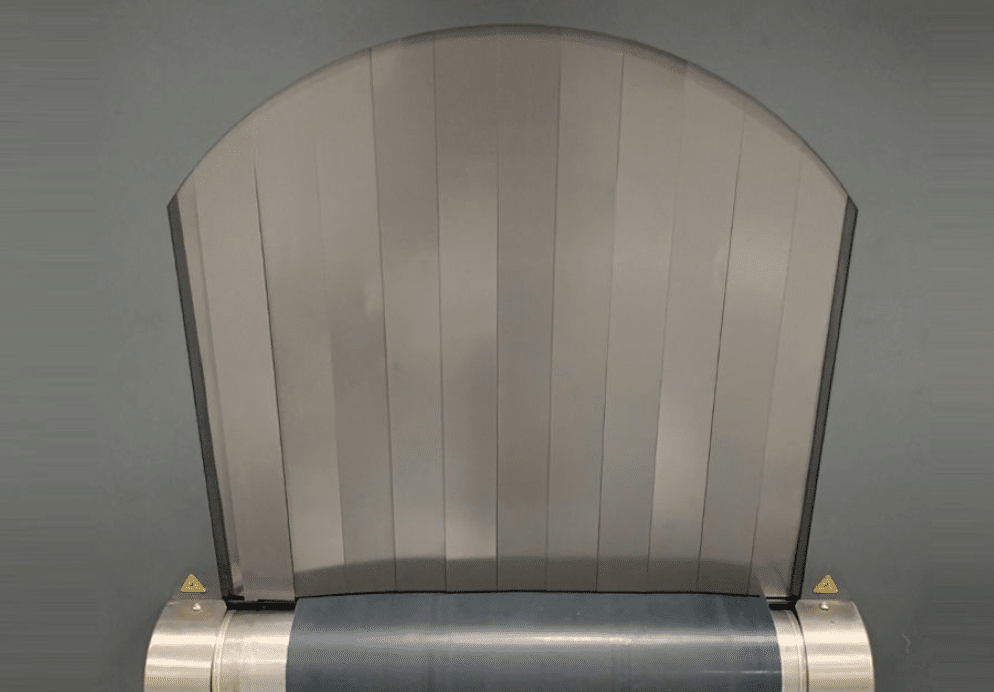Artemis Shielding, a veteran-owned and operated radiation shielding manufacturer is
making great strides to get the toxic lead out of shielding materials in various industries. The Alabama business provides custom solutions for the medical, nuclear, security, testing, and aerospace industries.
Artemis Shielding most recently broke into the aerospace industry. In February 2021, Artemis’ Radiation Shielding Material (RSM) launched with the Northrop Grumman Cygnus resupply spacecraft to the International Space Station (ISS). The lead-free, non-toxic material provided a custom-cut solution for Aegis Aerospace’s avionics boxes and protected testing equipment from the harmful effects of radiation during extended exposure periods on the ISS.
“We are very excited to have added space travel to the expanding list of industries we serve,” said Artemis Shielding CEO Buddy Lockwood, “Our February 2021 ISS mission with Aegis Aerospace (formerly Alpha Space) opened the door for us into this arena of the Aerospace industry.”
Artemis Shielding’s Nanotek technology is proving to be successful in space and around the world. The company’s lead-free security curtains are being incorporated for Integrated Defense and Security Solutions’ (IDSS) award-winning DETECT 1000 computed tomography (CT) checkpoint baggage scanner. This partnership is keeping airport employees and the public safe from harmful radiation during security scanning in airports across the globe.
All Artemis Shielding solutions are lead-free, non-toxic and provide superior shielding protection, which the company says sets them apart from others in the market. The company’s team continues to overcome the challenges of material shortages and supply
chain issues to provide first class service and on-time deliveries to its partners across all industries. The company says they are committed to lead free solutions says to expect big announcements in 2022.
“We expect 2022 to present even more opportunities for companies across several industries to turn to Artemis Shielding for help with their radiation shielding challenges,” said Lockwood.
